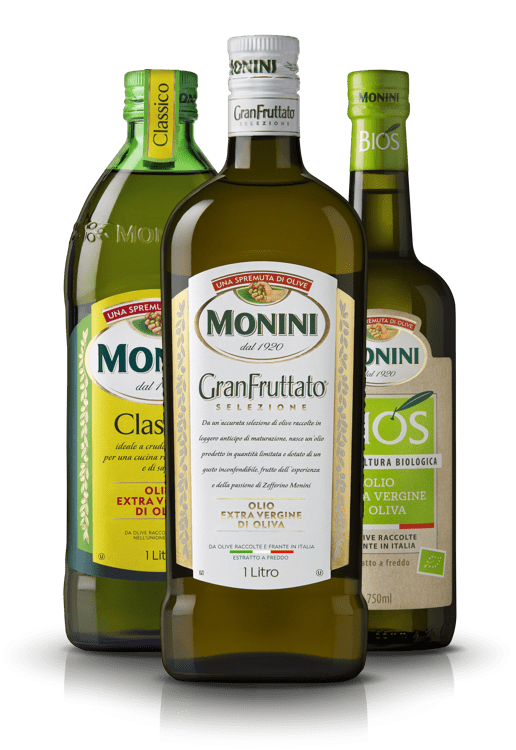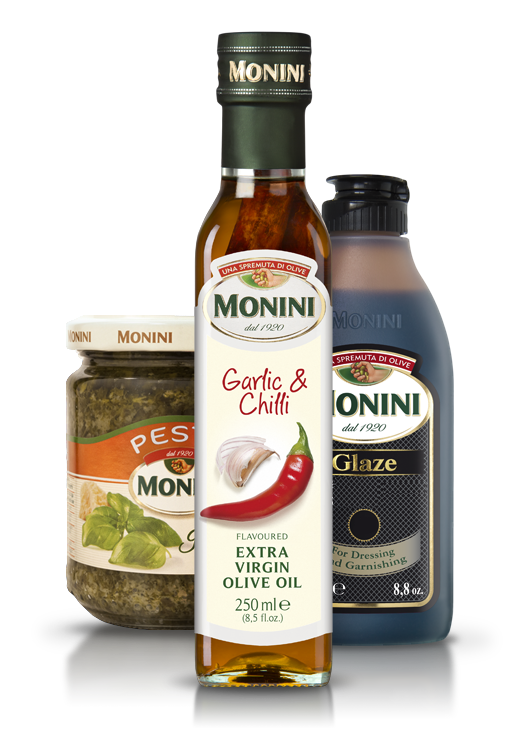Sustainability Plan 2030
• Our sustainability planOUR HISTORY
That early instinct, challenges along the way, the family and business milestones.
DISCOVER
1920
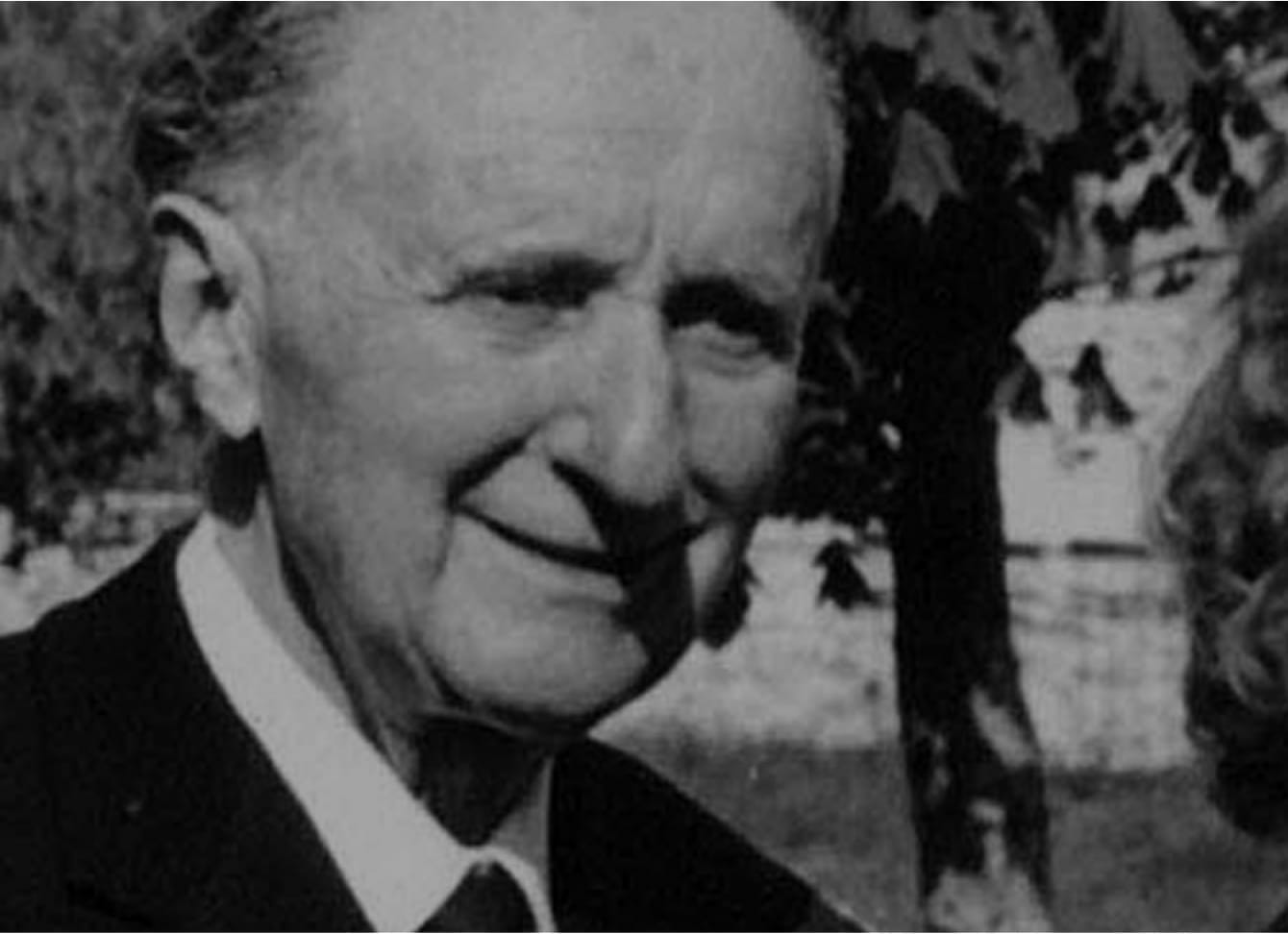
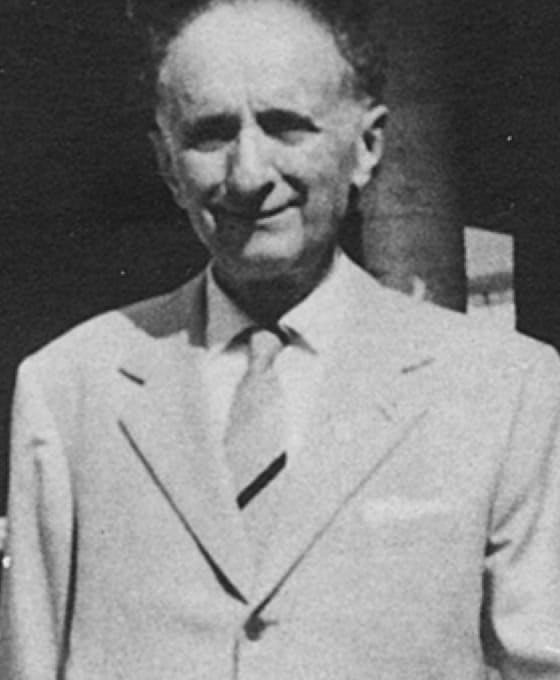
THE EXTRA VIRGIN OLIVE OIL PIONEER.
Born in 1891, Zefferino Monini was assigned to the quartermaster during his national service where he managed a food warehouse. When he returned to Spoleto, in Umbria, he decided to set up a food business on the strength of this experience.
1930
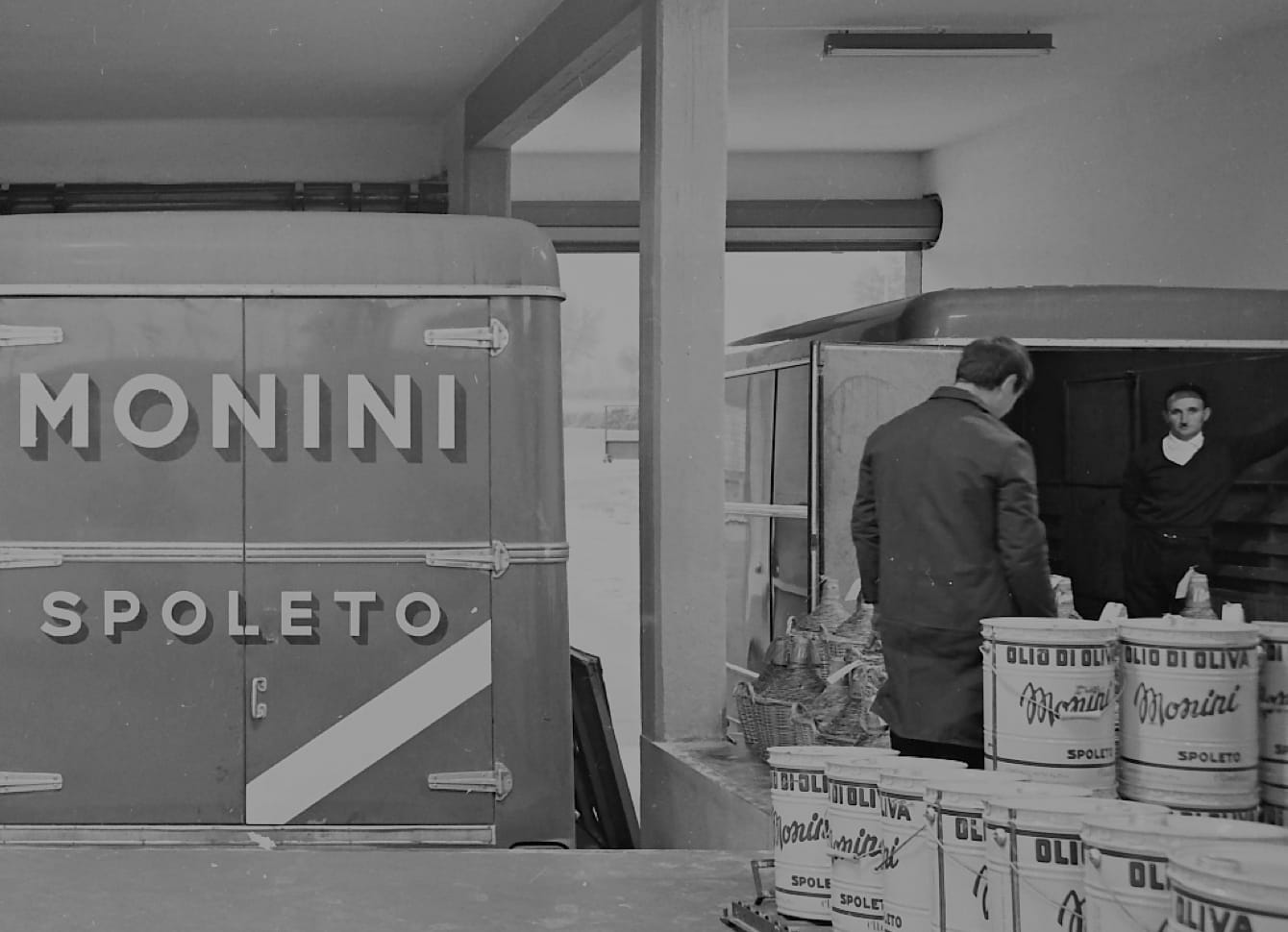
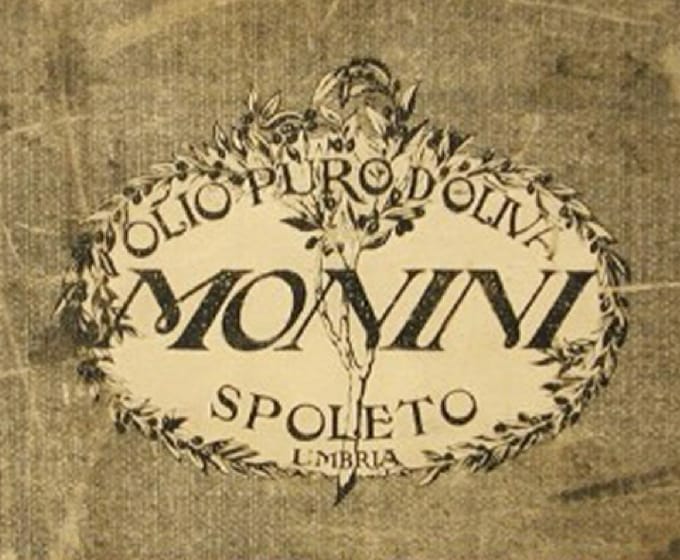
A SUCCESSFUL FEELING.
Contemplating the olive trees which made the Umbrian hills so beautiful, Zefferino had the brainwave which was to be the turning point in his career. He decided to turn his energies to the production of extra virgin olive oil, at the time, a much less known industry than ordinary olive oil.
This is how ‘Zefferino Monini Olio di Oliva’ was born, and very soon sales expanded to the neighbouring regions.
1945
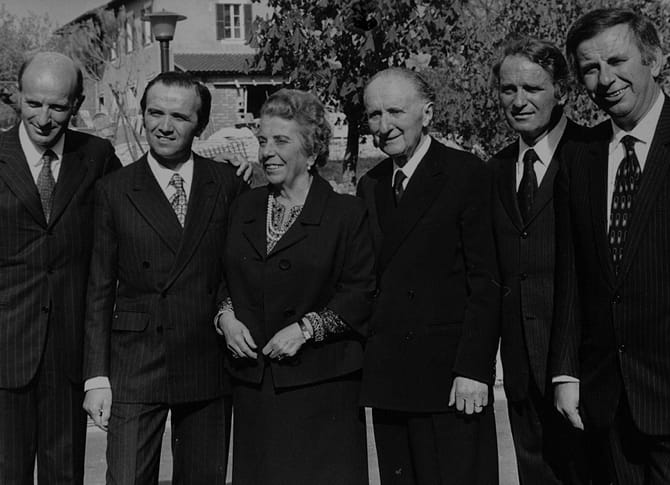
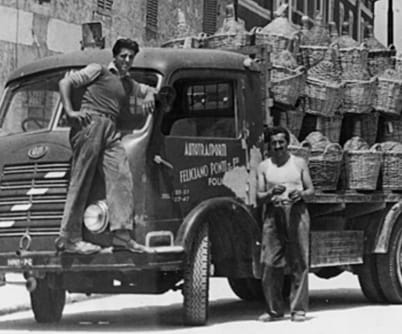
THE WAR YEARS.
Zefferino wrote the first page in extra virgin olive oil’s market history by making it accessible to a wider public beyond the Umbria region. However, during World War II, olive oil was rationed and production temporarily ceased.
It was only when the war ended, and products were freed of rationing that production began again. Then his sons Nello, Giuseppe and Paolo joined their father in the lab and learnt his secrets and methods.
1950
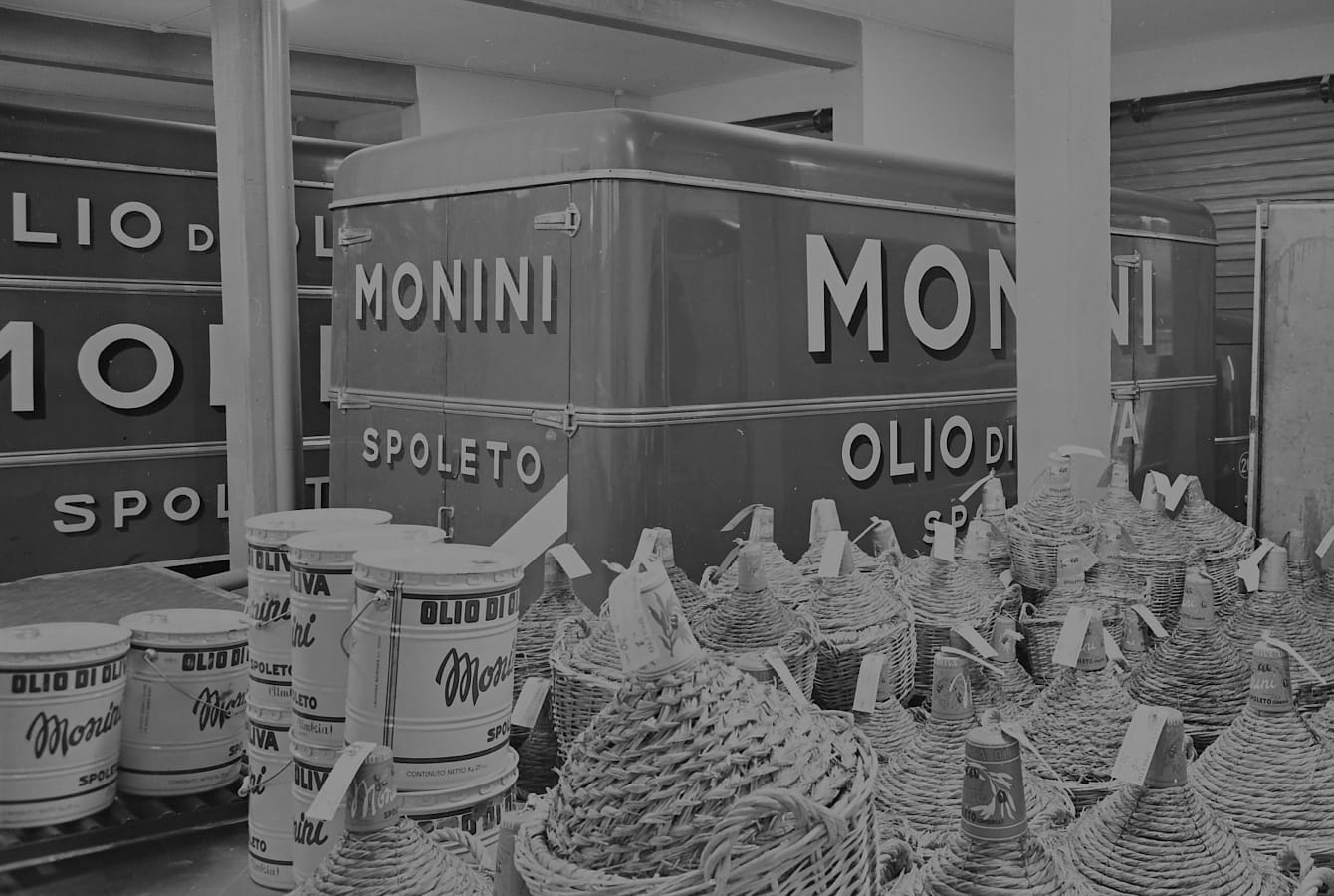
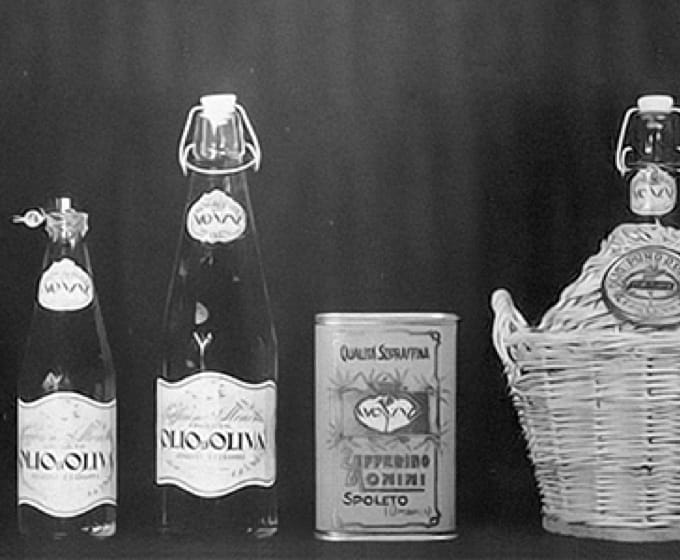
AHEAD OF ITS TIME.
Until the 1950s shopkeepers generally sold oil by the litre from demijohns. After the war Zefferino had a realisation that would get him ahead of the game as far as future market demands were concerned. Monini decided to sell oil in an entirely new way, bringing in the first glass bottles which were better suited to distribution and consumption.
1958
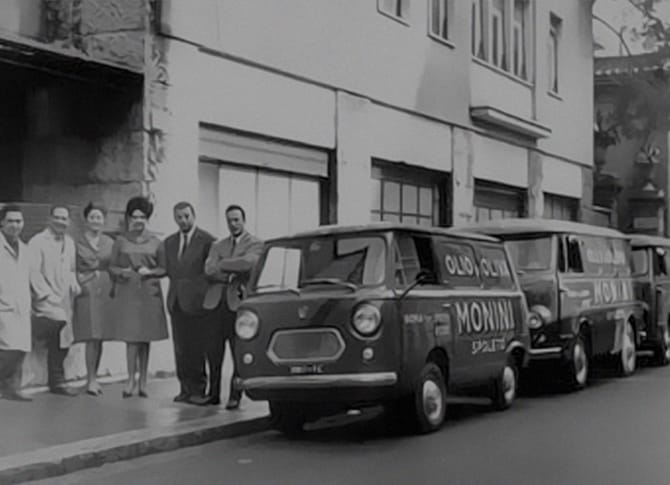
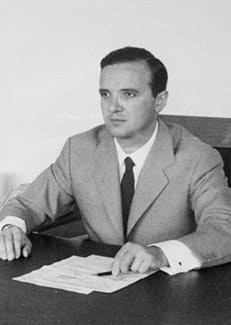
THE NEW GENERATION.
The Monini brothers’ generation soon found their place at the family business. Giuseppe decided to join his father in the raw material sourcing department, while Nello, who had moved to Rome, opened a warehouse to speed distribution in Lazio. Paolo’s aim was to strengthen Monini’s national presence and he was awarded then one of the most prestigious prizes, the Mercurio d’Oro.
1960
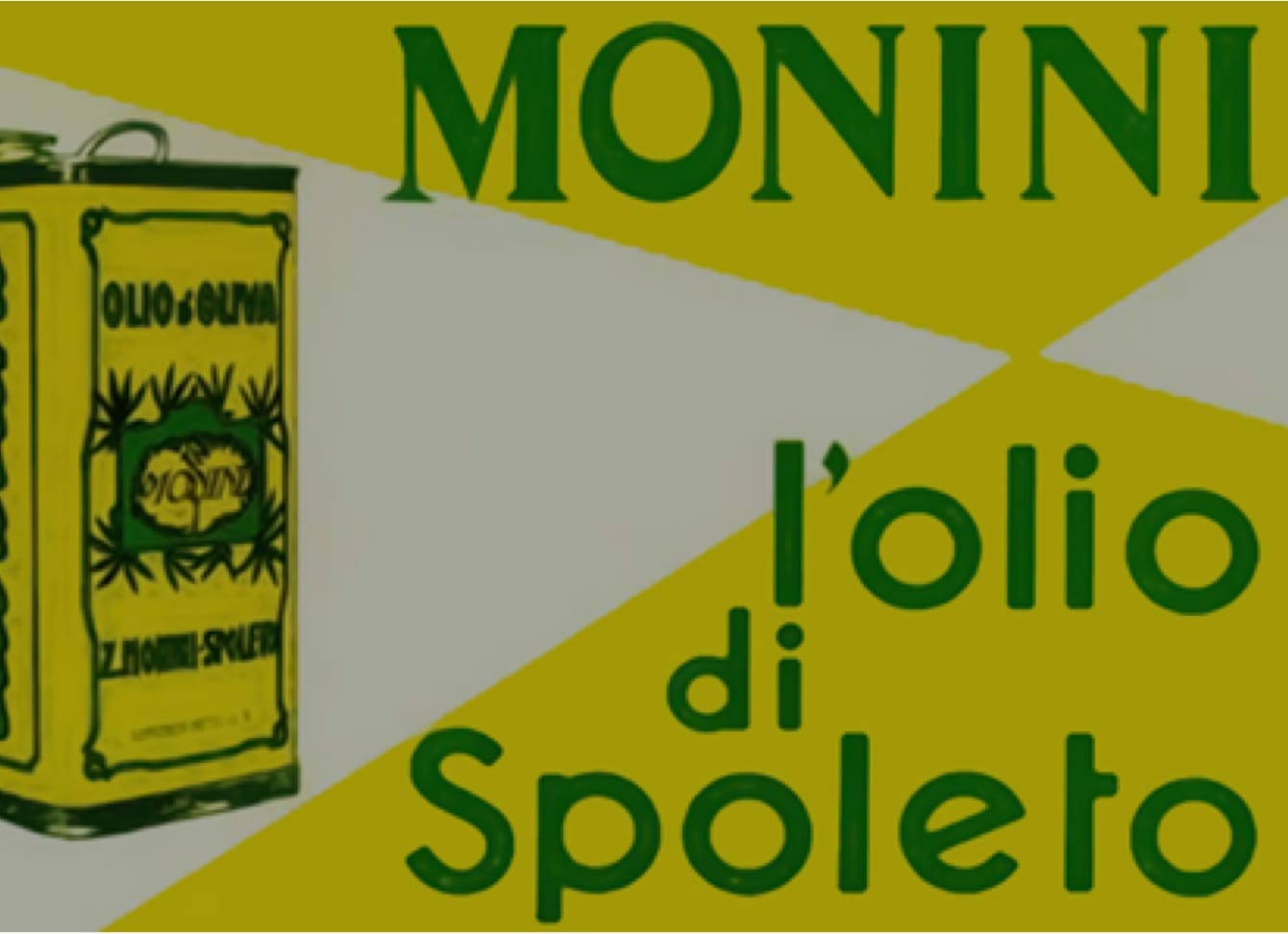

THE FIRST ADVERTISING.
The Italian economic boom proved the right time to take onboard new ways of reaching a wider clientele now more inclined to spend on quality products. With the aim of breaking into new consumer markets, Monini threw itself enthusiastically into the earliest advertising.
1964
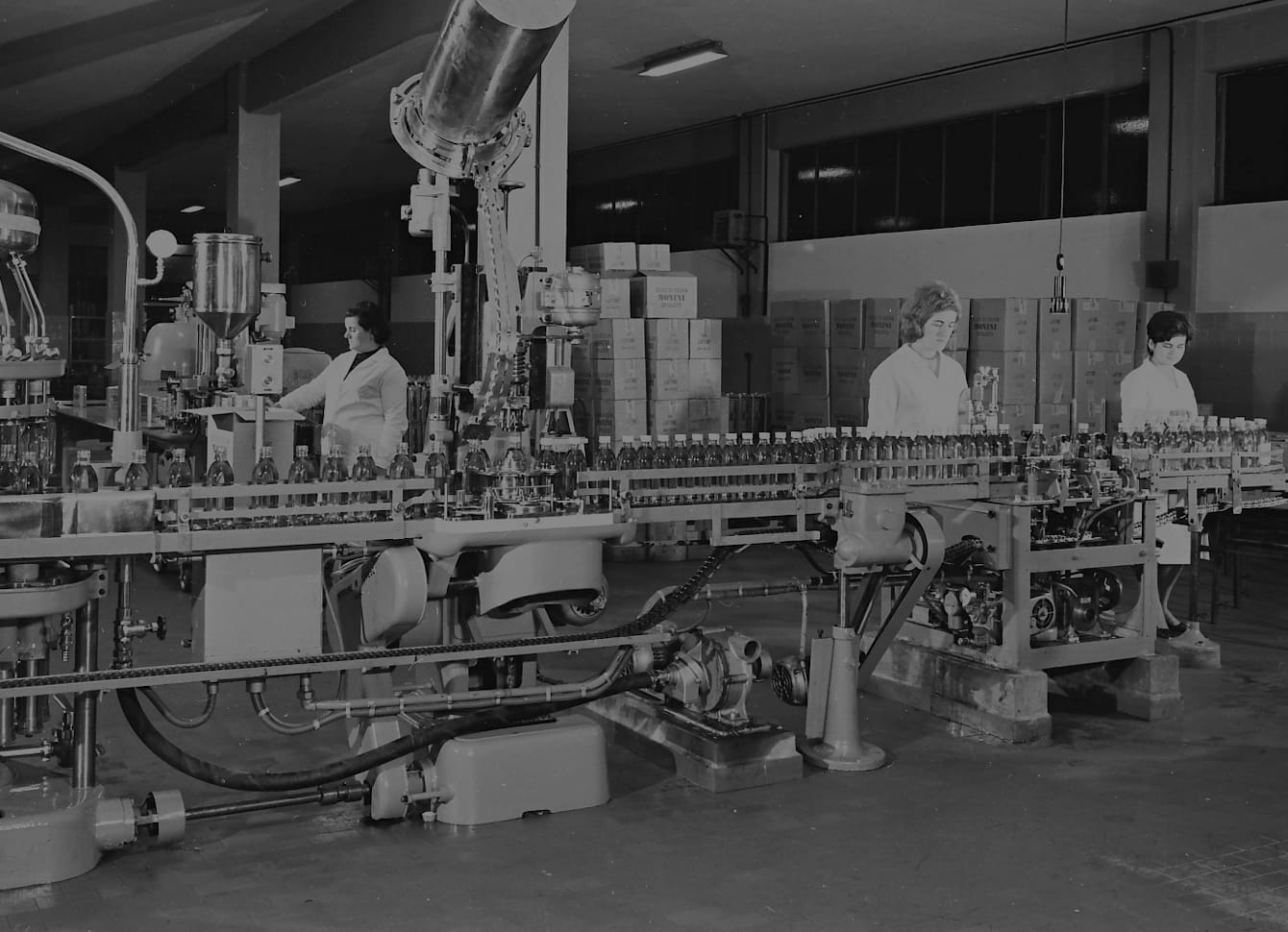
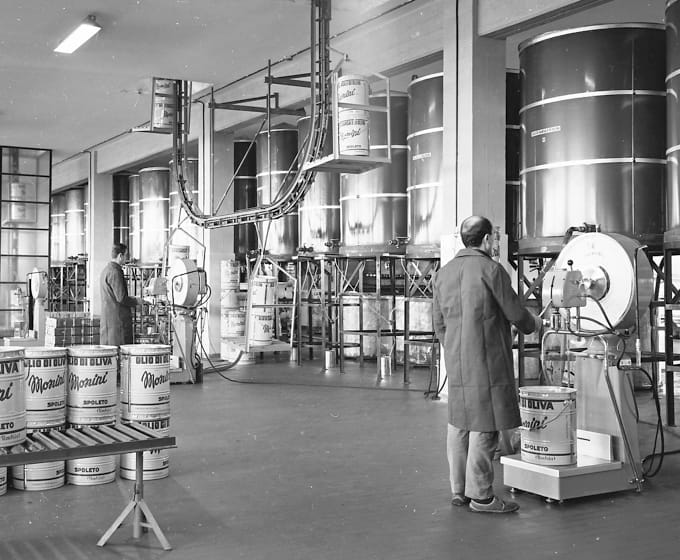
GROWTH CONTINUED.
To bring the company into line with the technological, quality and service standards of the day, Monini needed a new growth strategy. That same year new company head offices were opened and forty new staff were hired.
1973
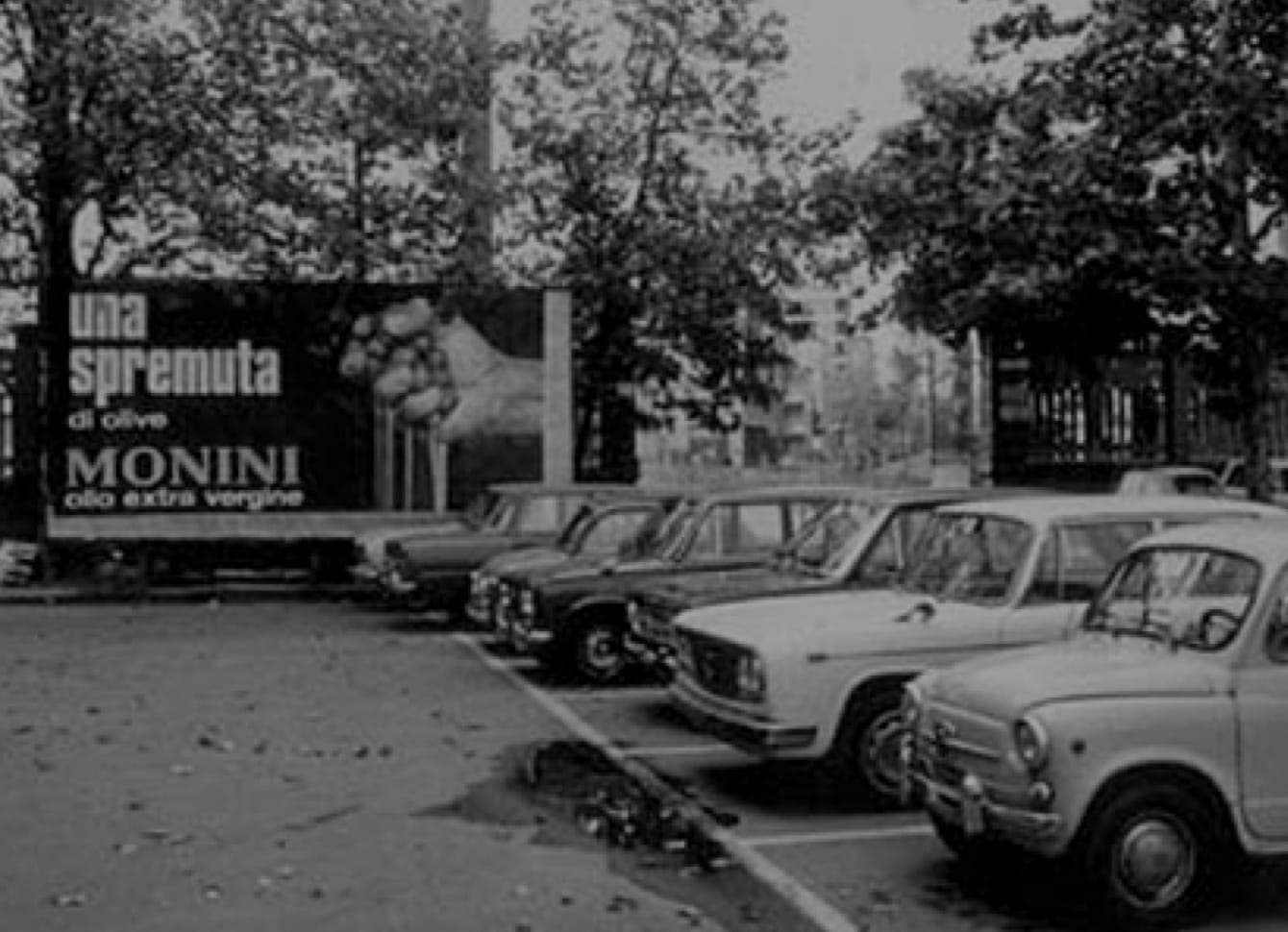
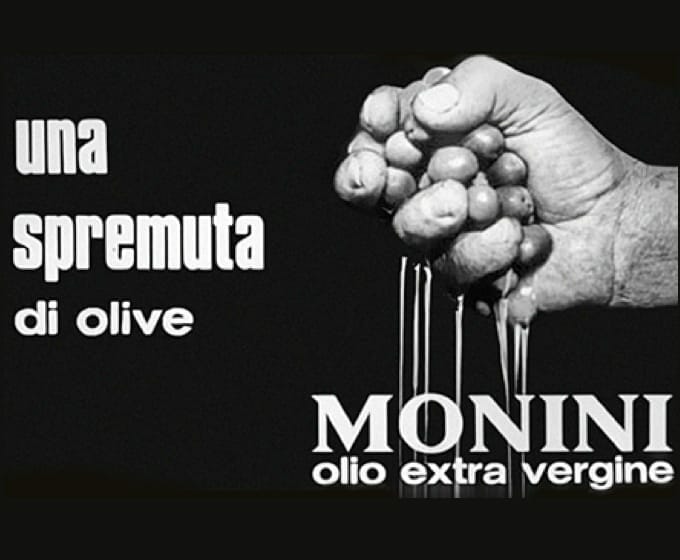
AN OLIVE PRESSING.
Nello was hospitalised after a skiing accident, when the advertising agency visited him to discuss a new idea.
While they were strolling around the clinic’s park Nello’s attention was caught by the hands of a gardener at work.
This is how the iconic payoff ‘An olive pressing’ was born, accompanied by an image of that same hand grasping a handful of olives.
1981
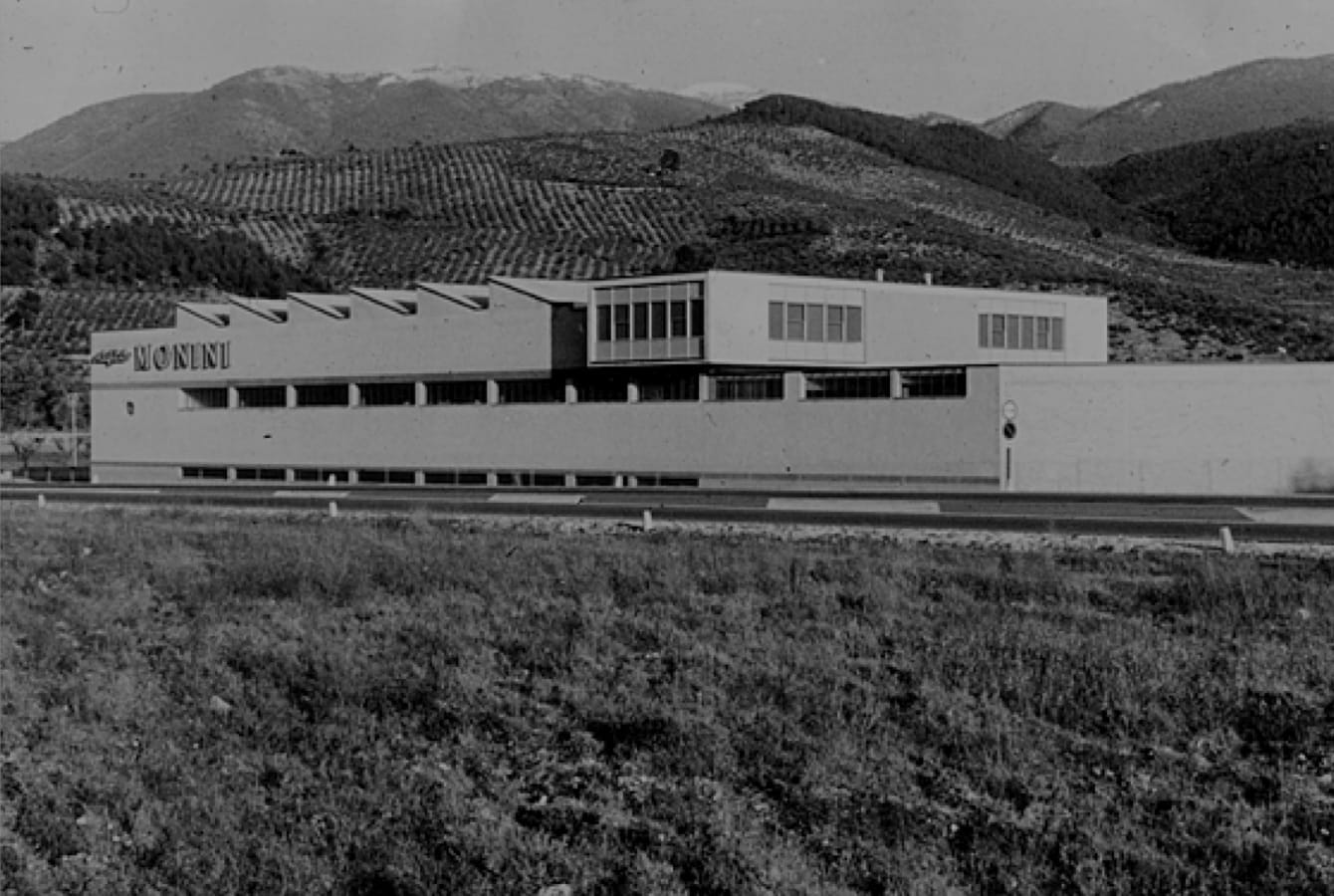
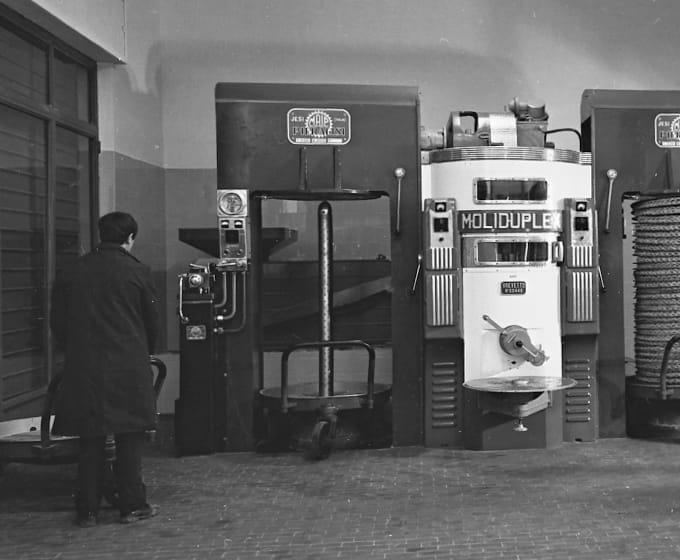
CHANGE FOR GROWTH.
Changes in the Italian distribution system led to changes in Monini’s business framework from… The family business continued to grow both in employees, now 60 strong, and revenues, which reached 60 billion lire that year
1988
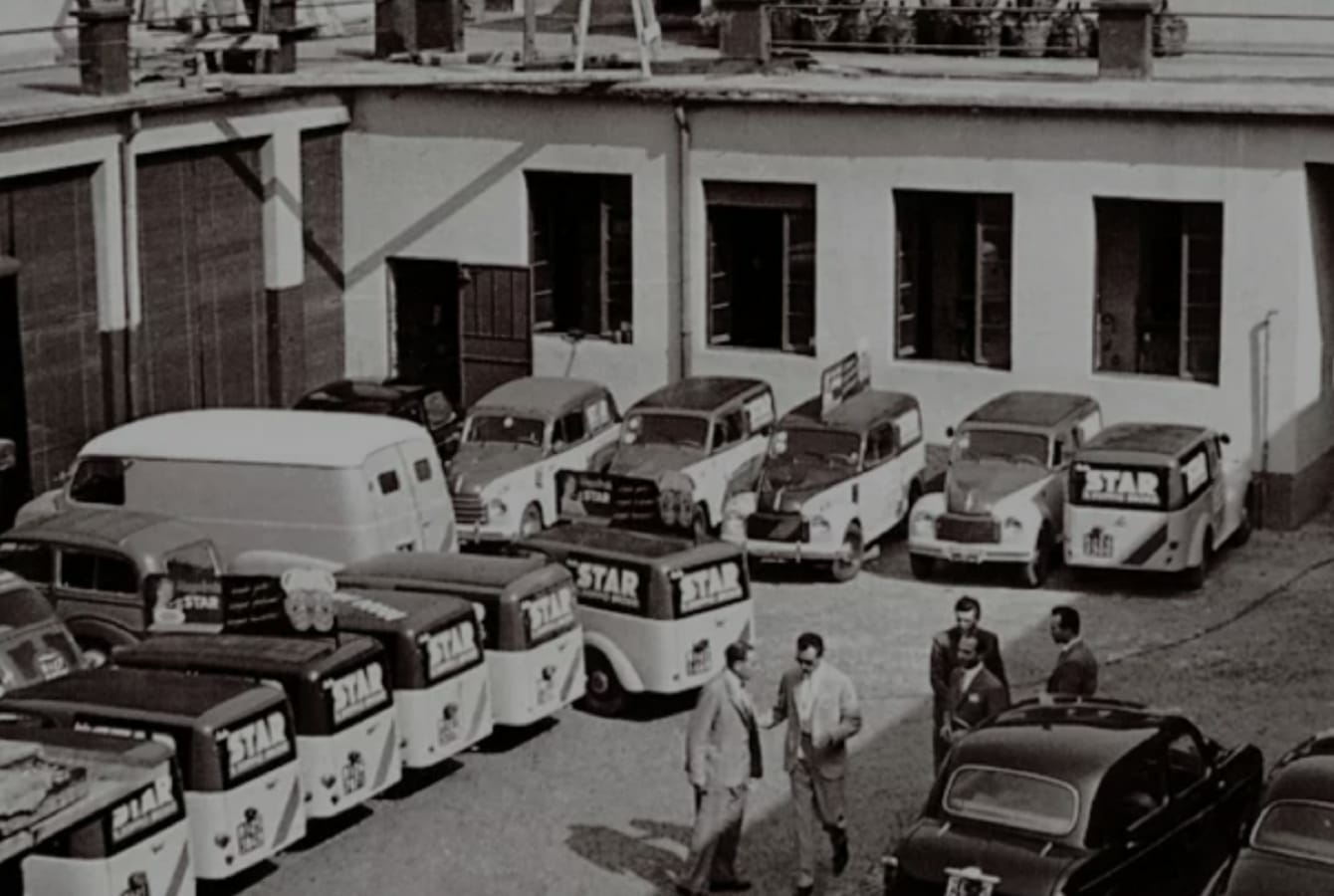

AN IMPORTANT DECISION.
These years marked a very delicate phase in the olive oil sector and Monini was looking for a partner to give the family business a boost.
The last word belonged to the young Zefferino, and he he decided to sell 35% of the company’s shares to Star.
1991
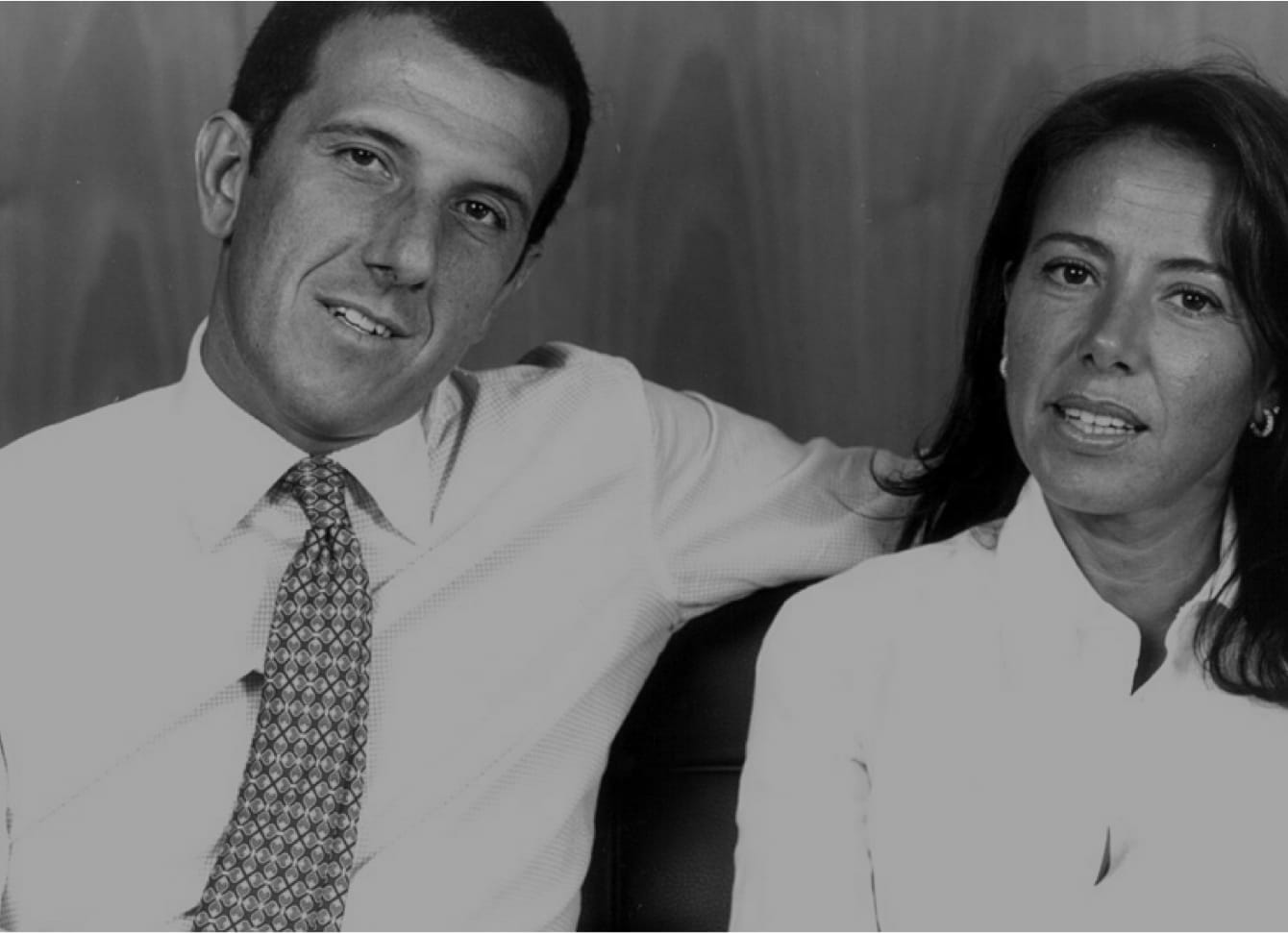
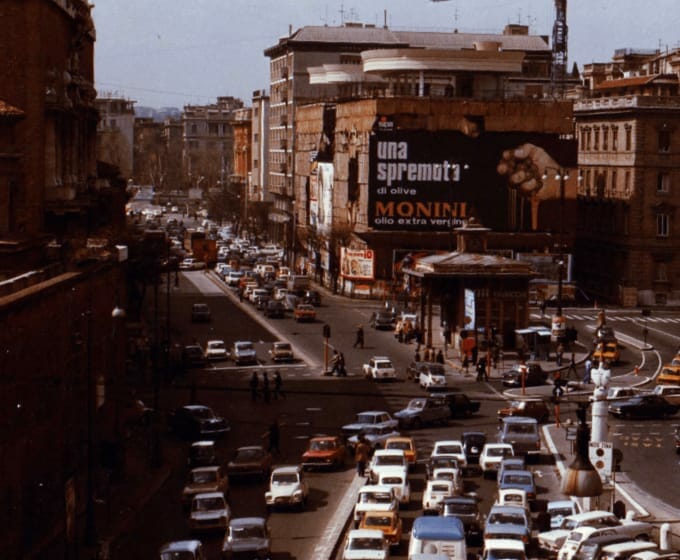
FROM ZEFFERINO TO ZEFFERINO.
Grandpa Zefferino and father Giuseppe had great hopes for the young man who had been named after his grandfather, entrusting Monini’s future to him.
The young Zefferino set aside a promising skiing career to take on this precious legacy, becoming the Chief Executive Office. While his sister Maria Flora became head of Image Communication and External Relations.
2000

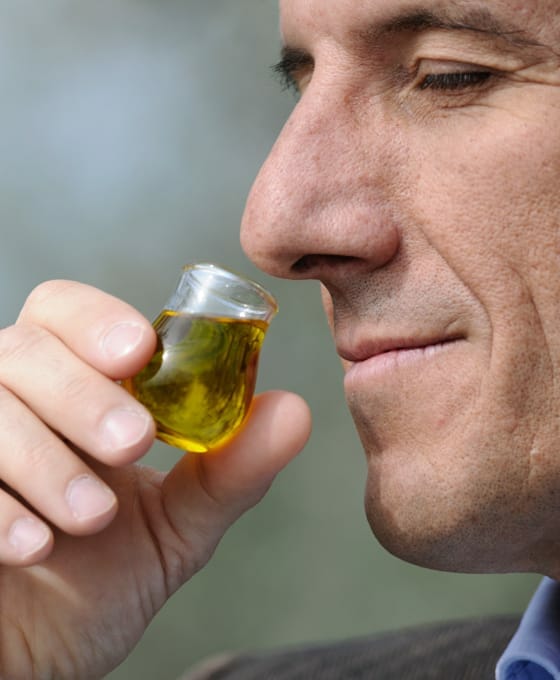
FOREIGN LANDINGS.
With their domestic success, Monini new ambition was to become the benchmark for the olive oil category in not just Italy, but also the world. In 2000 Monini North America Inc. was set up with head offices in Norwalk, Connecticut and then eventually transferred to its current head offices in Shelton.
2001
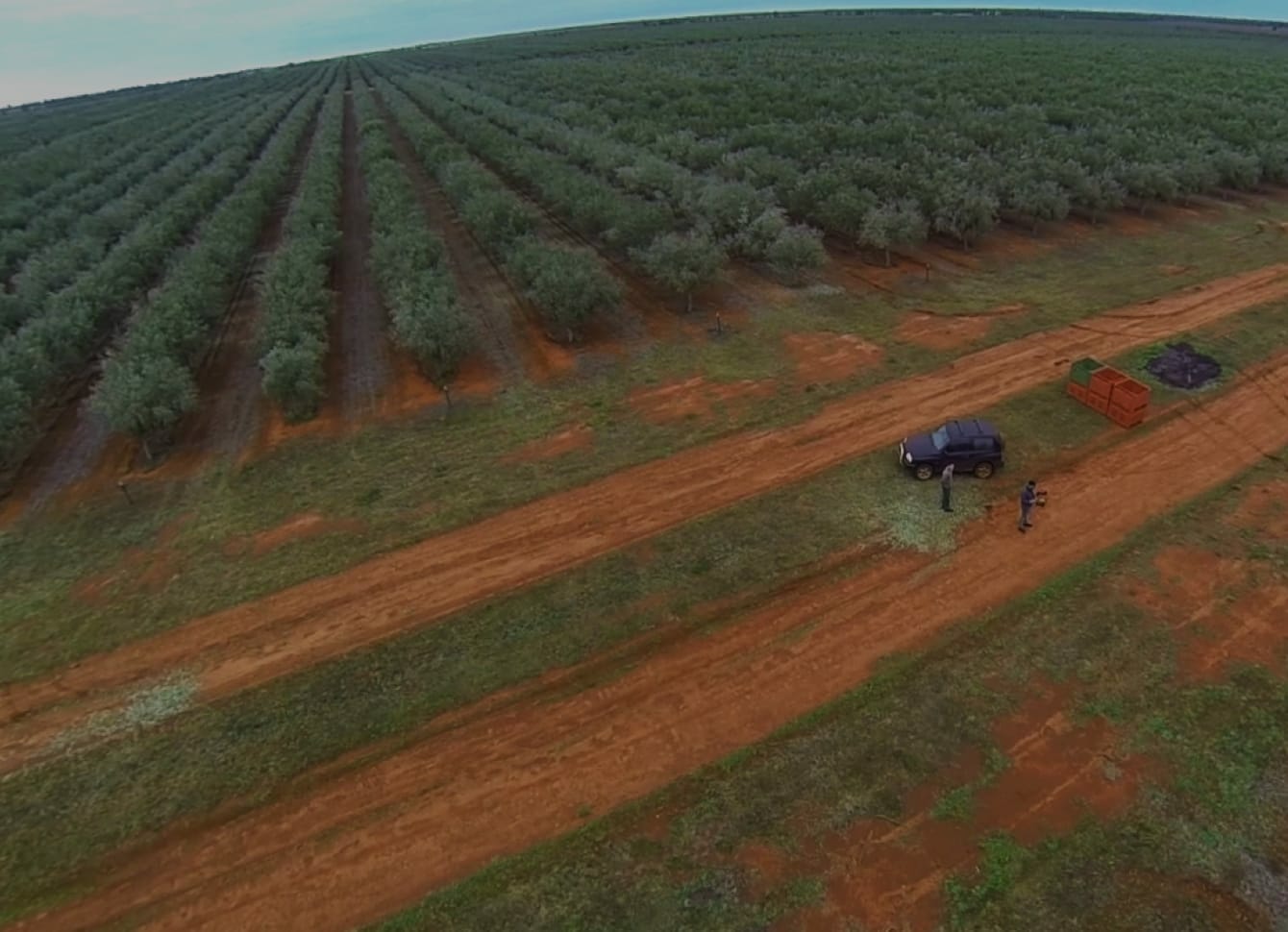
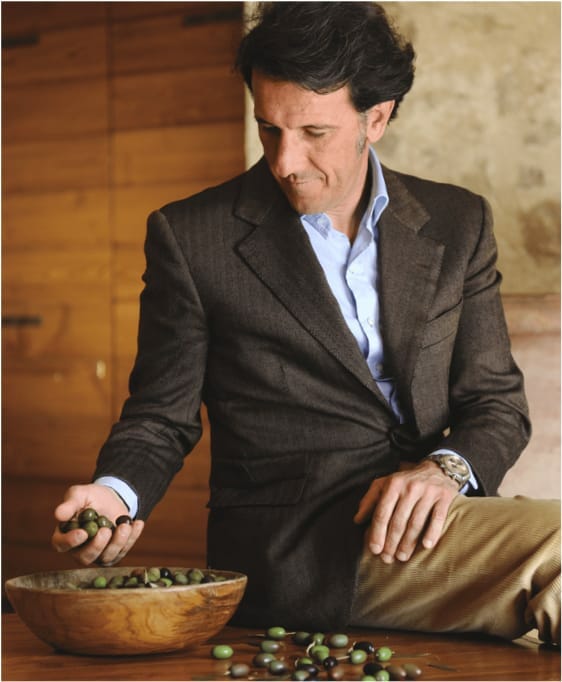
BOUNDLESS OLIVE GROVES IN THE RED LAND.
In 2001 Monini invested in a modern olive farming business in New South Wales, Australia. It included 1700 acres, of which 750 were to be farmed and a modern olive grove planted. The grove included more than 110,000 Frantoio, Leccino, Pendolino and Coratina olive trees taken as seedlings from Italy to be grown under the Australian sun.
2002
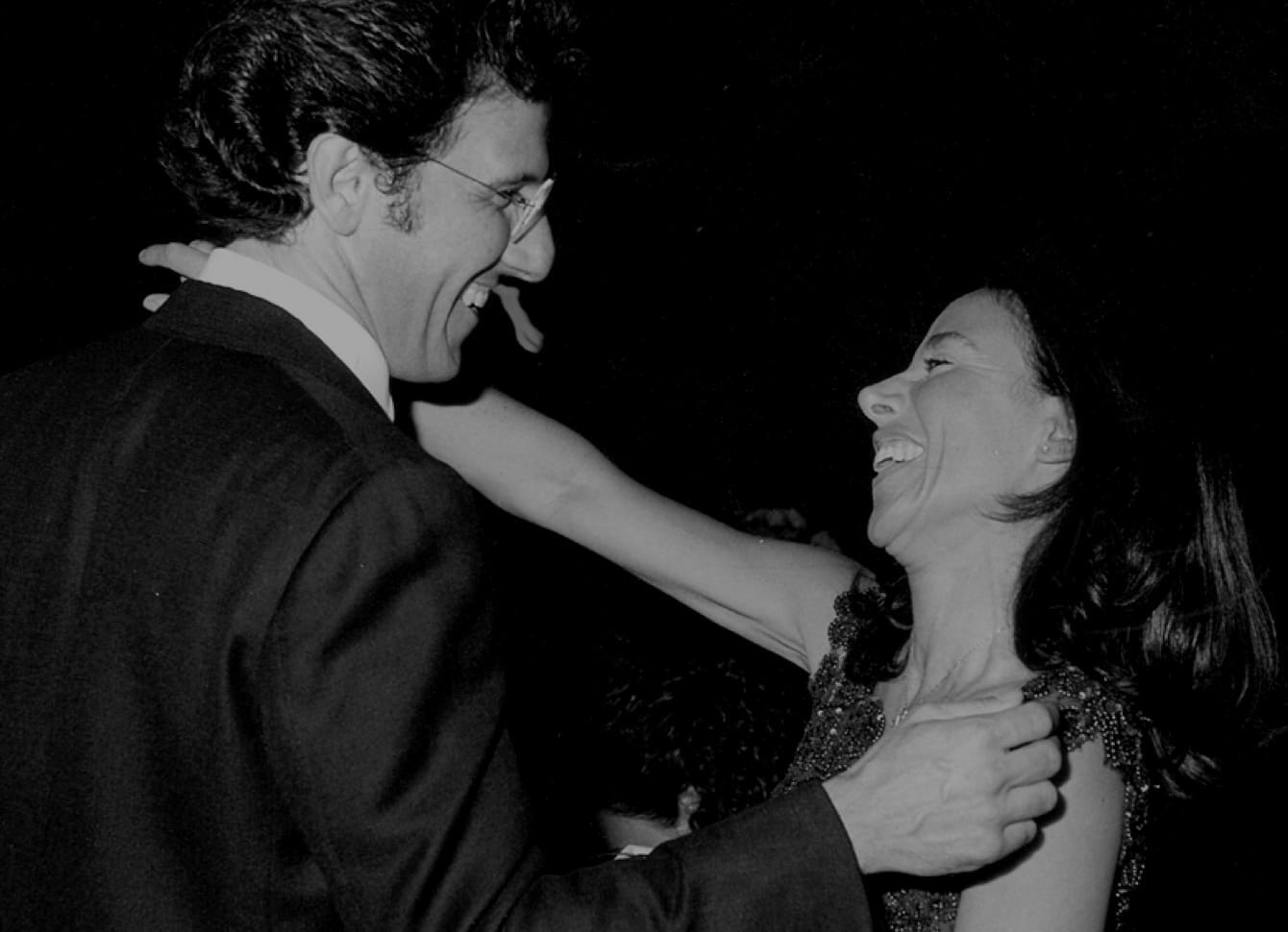
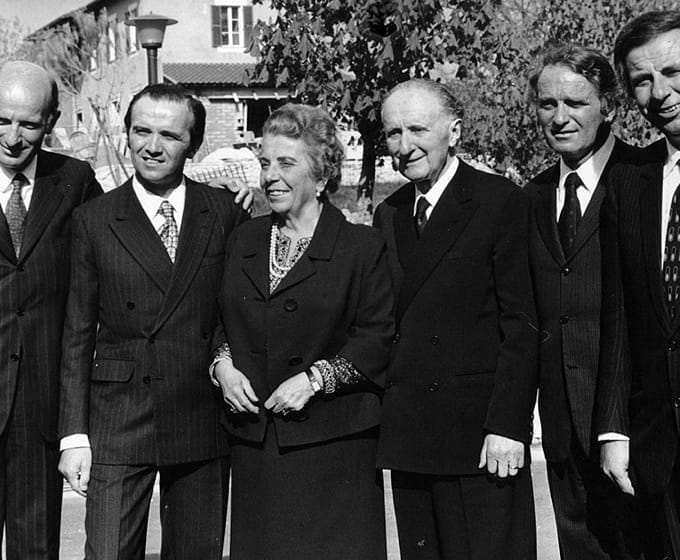
A 100% ITALIAN FIRM.
The desire to expand was accompanied by a new ambition to bring the family back to 100% ownership, restoring its Spoleto identity.
After fourteen years with Star, Zefferino and Maria Flora decided to buy back the 35% shares ceded to Star in 1988. ‘Our family oil’ is once again fully in our hands and safe from multinational pressures.
2008
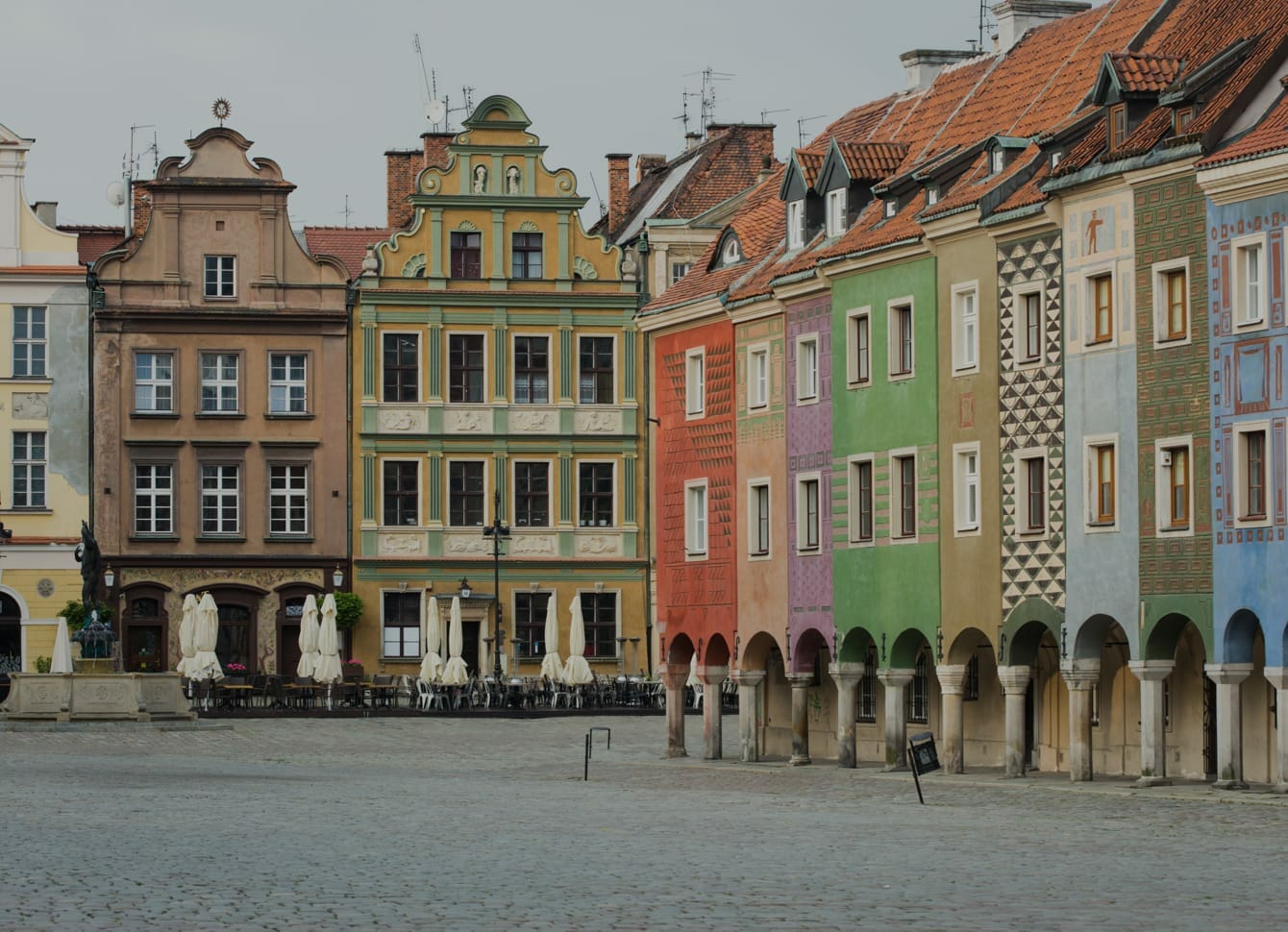
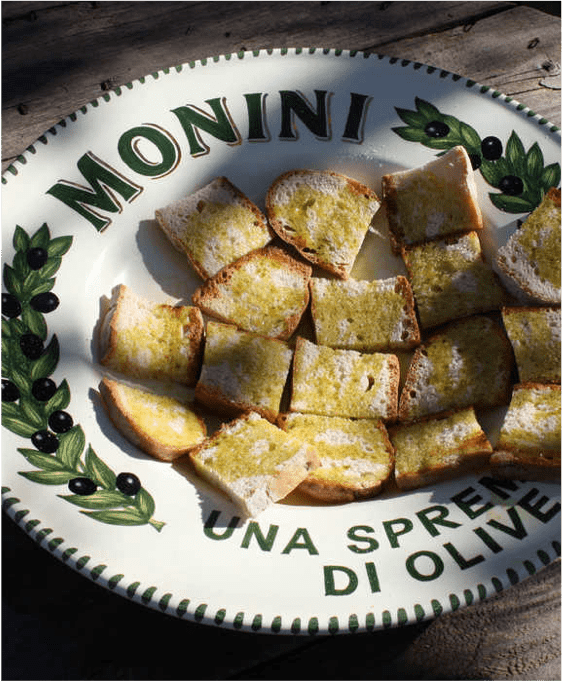
NEW HORIZONS.
Monini Polska was created, with head offices in Poznan in Poland, a country in which Monini is a market leader with over 20% market share.
2014
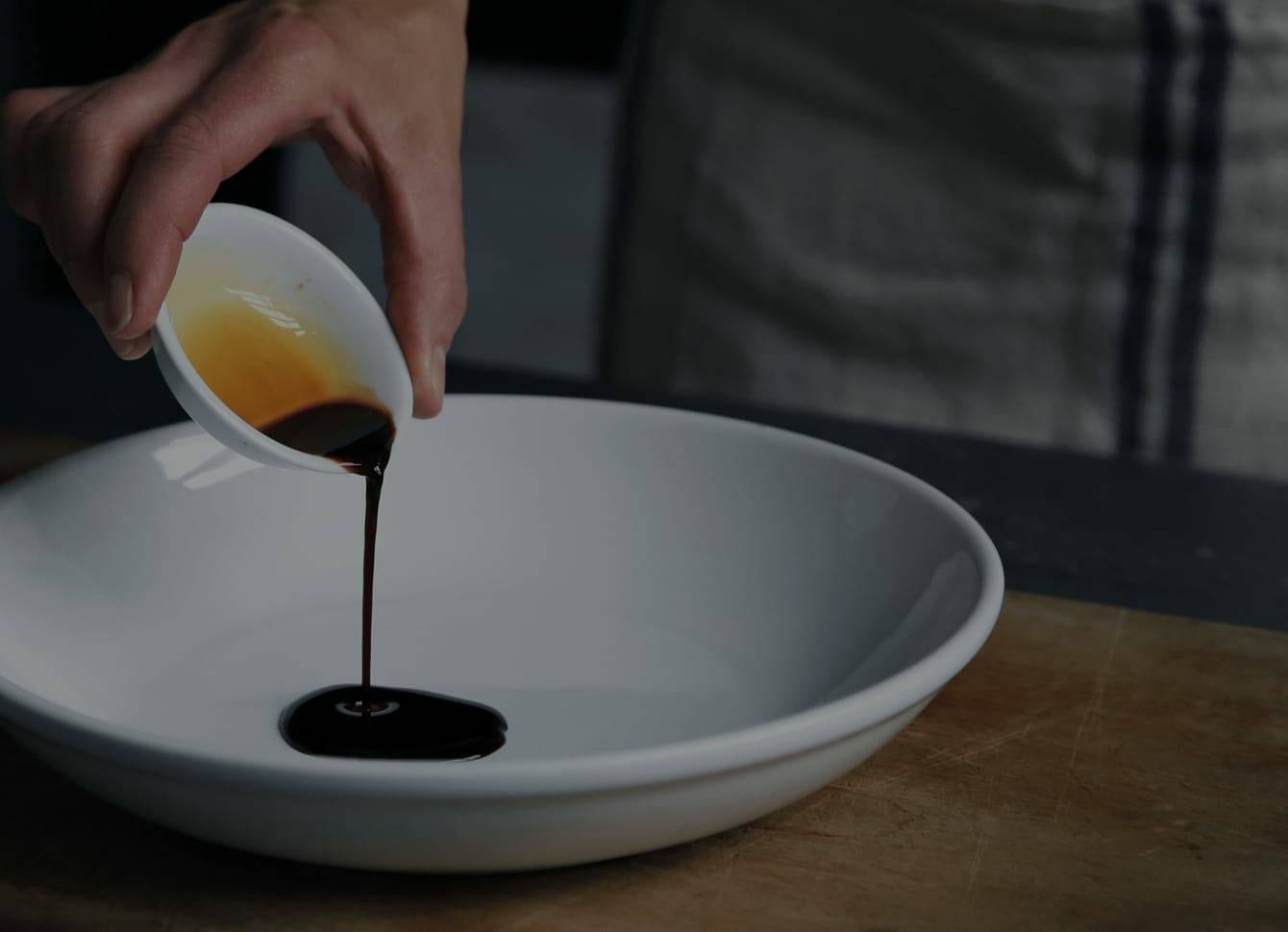
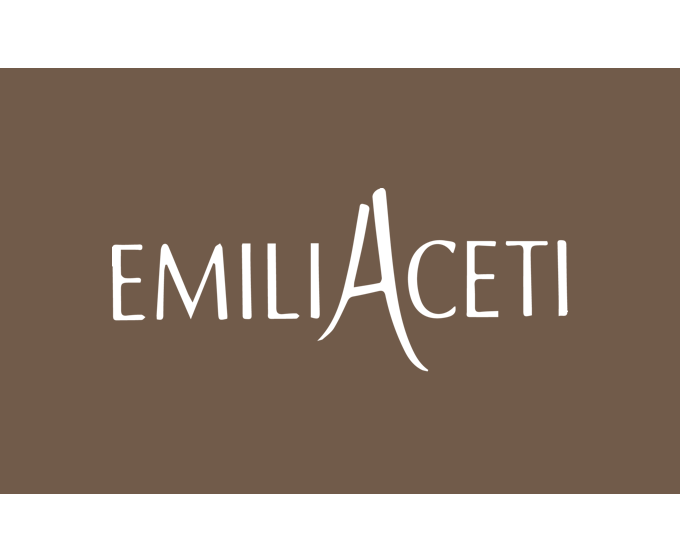
AN EMILIA STAGE.
Together with its partner Emiliani S.r.l., Monini founded a new branch with head offices in Maranello near Modena: Emilia Aceti S.r.l. with a 2.5 million litre capacity making various qualities of Modena balsamic vinegar.
© 2025 MONINI - P.IVA 02625300542

